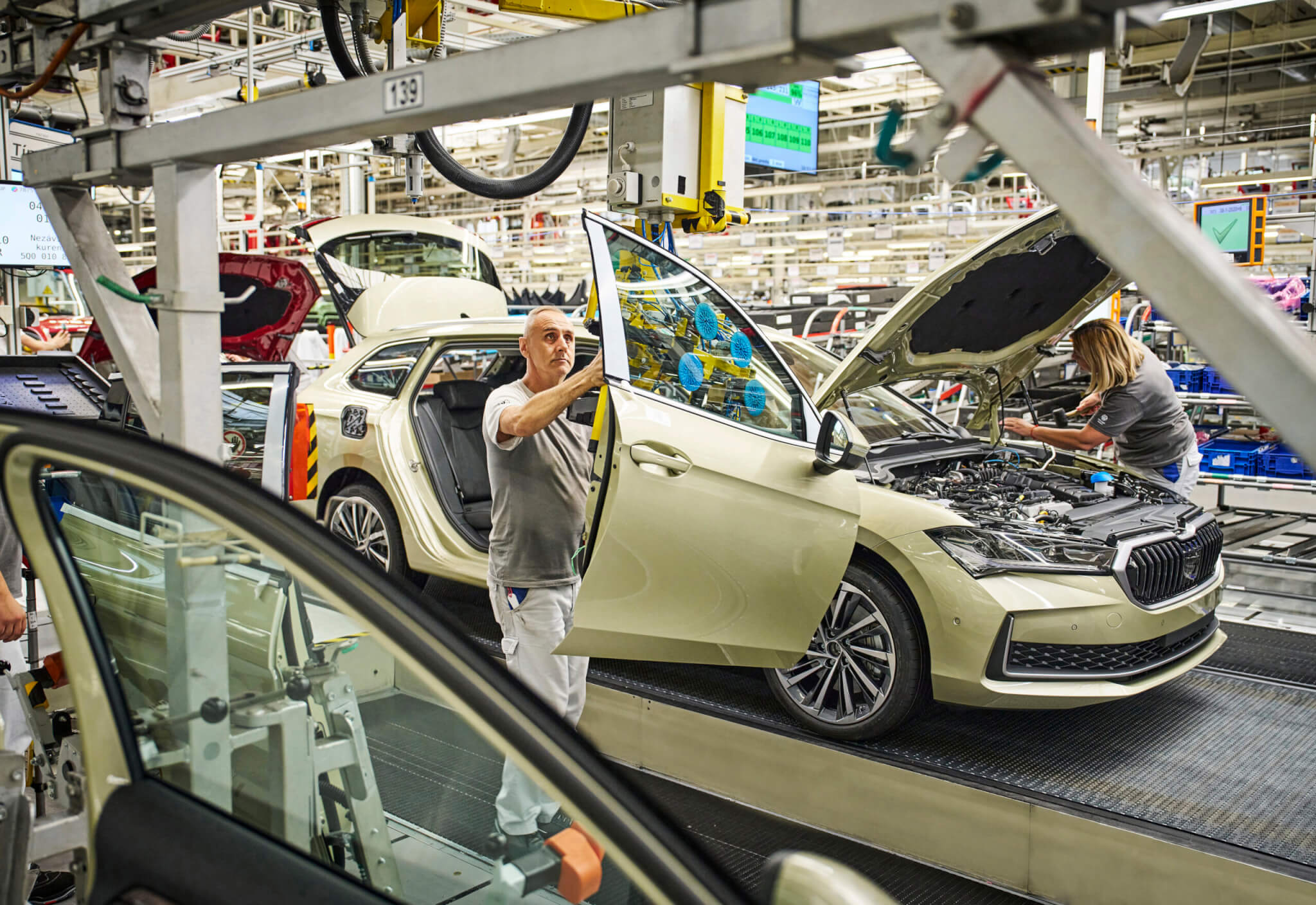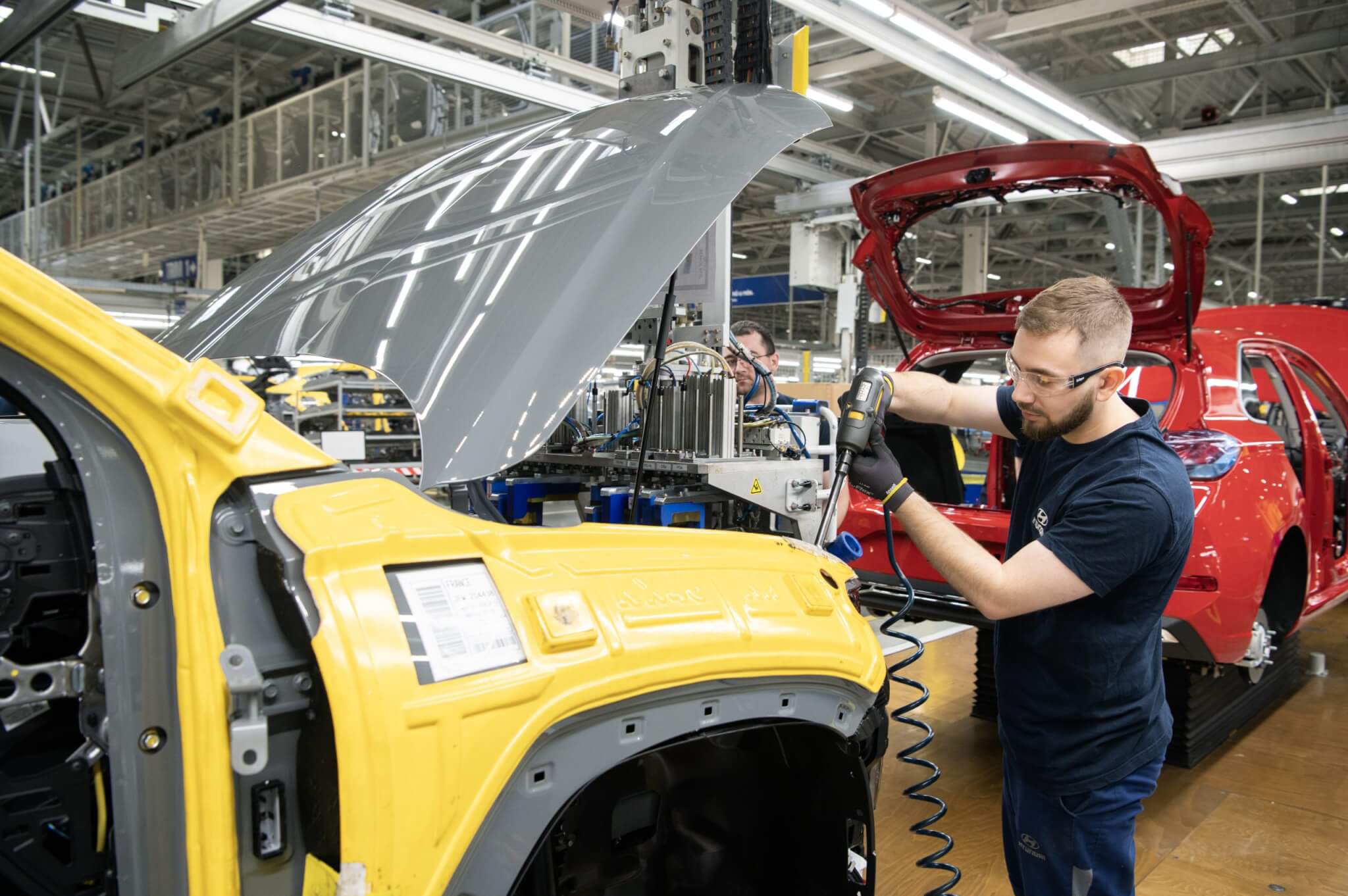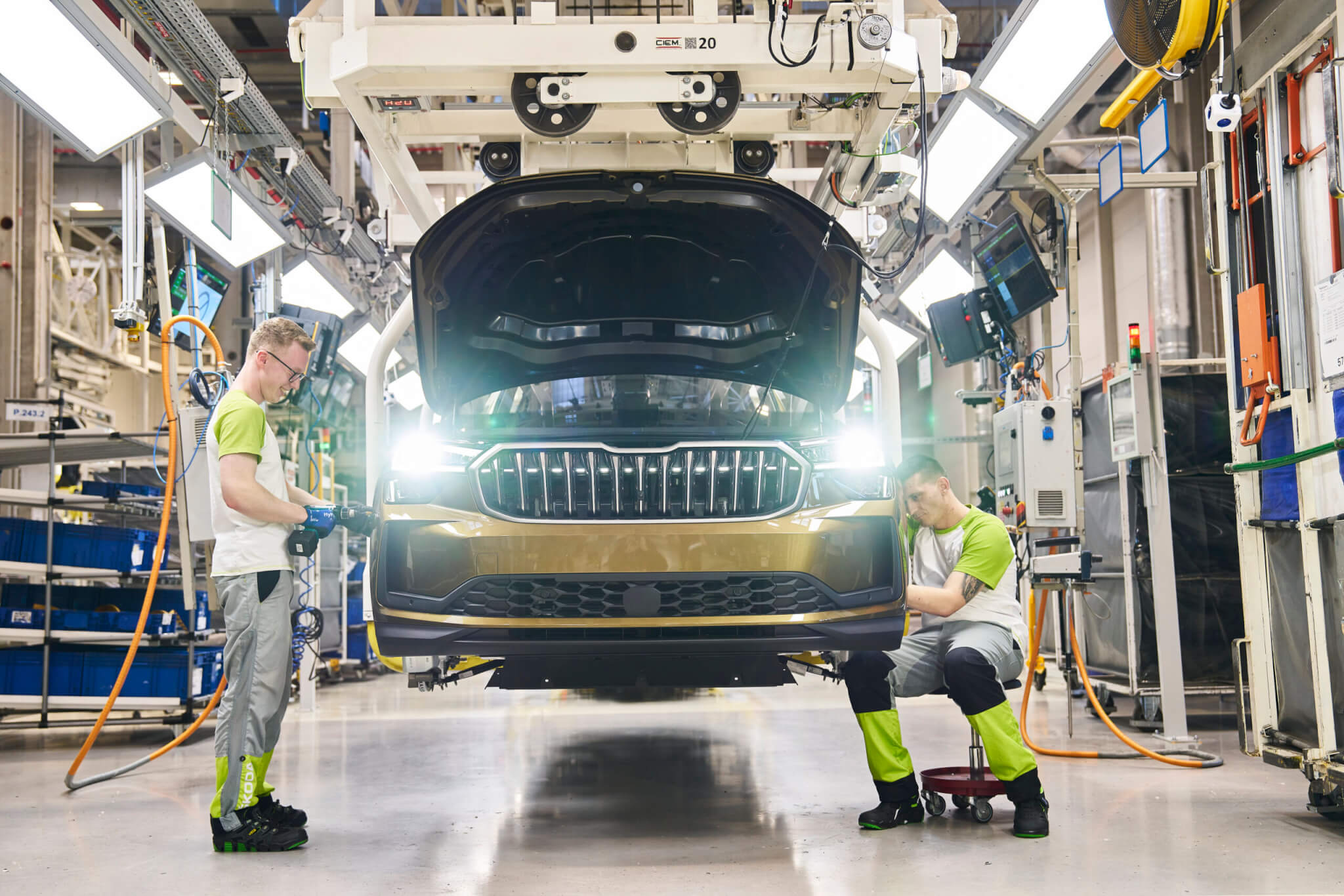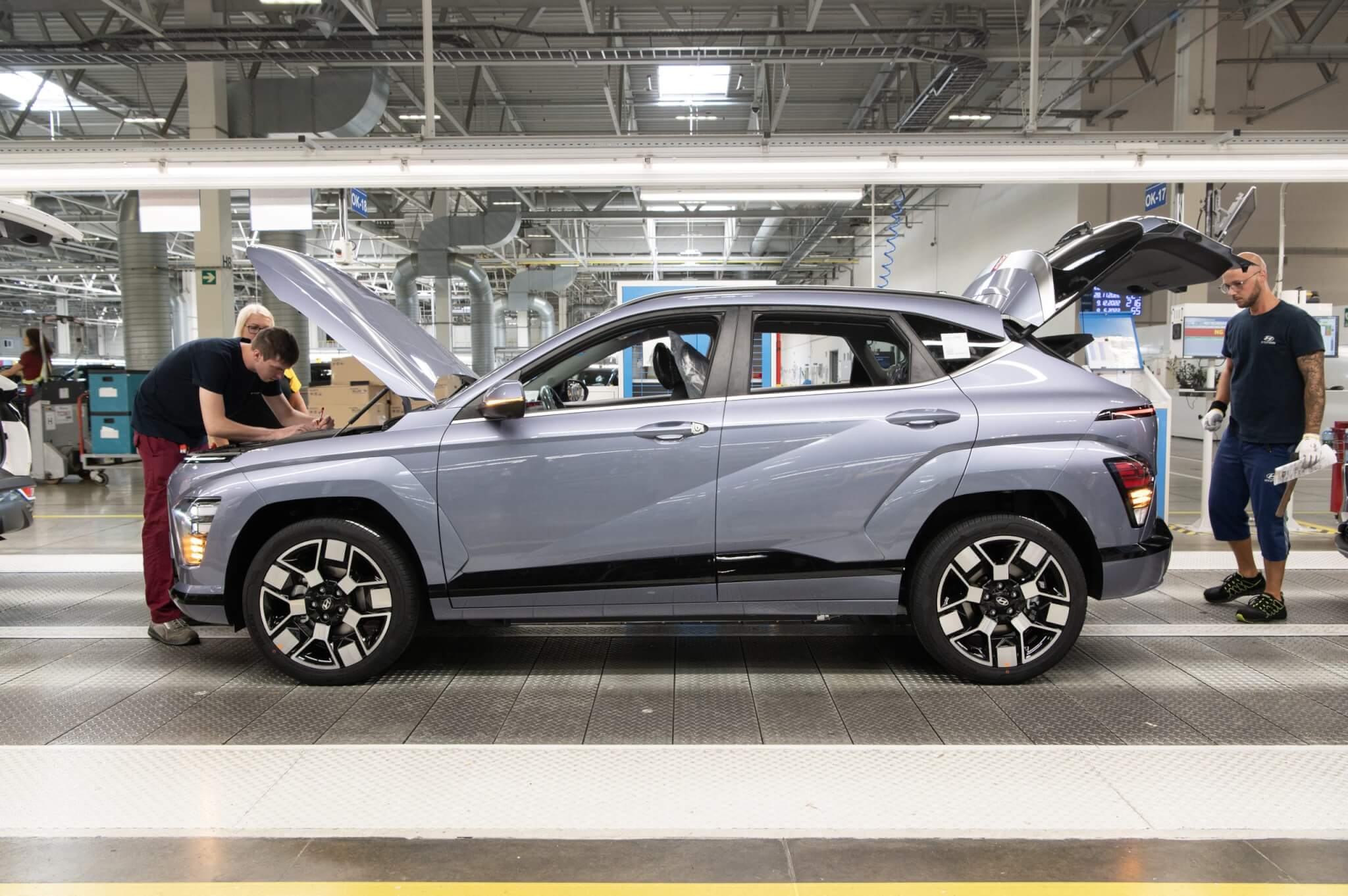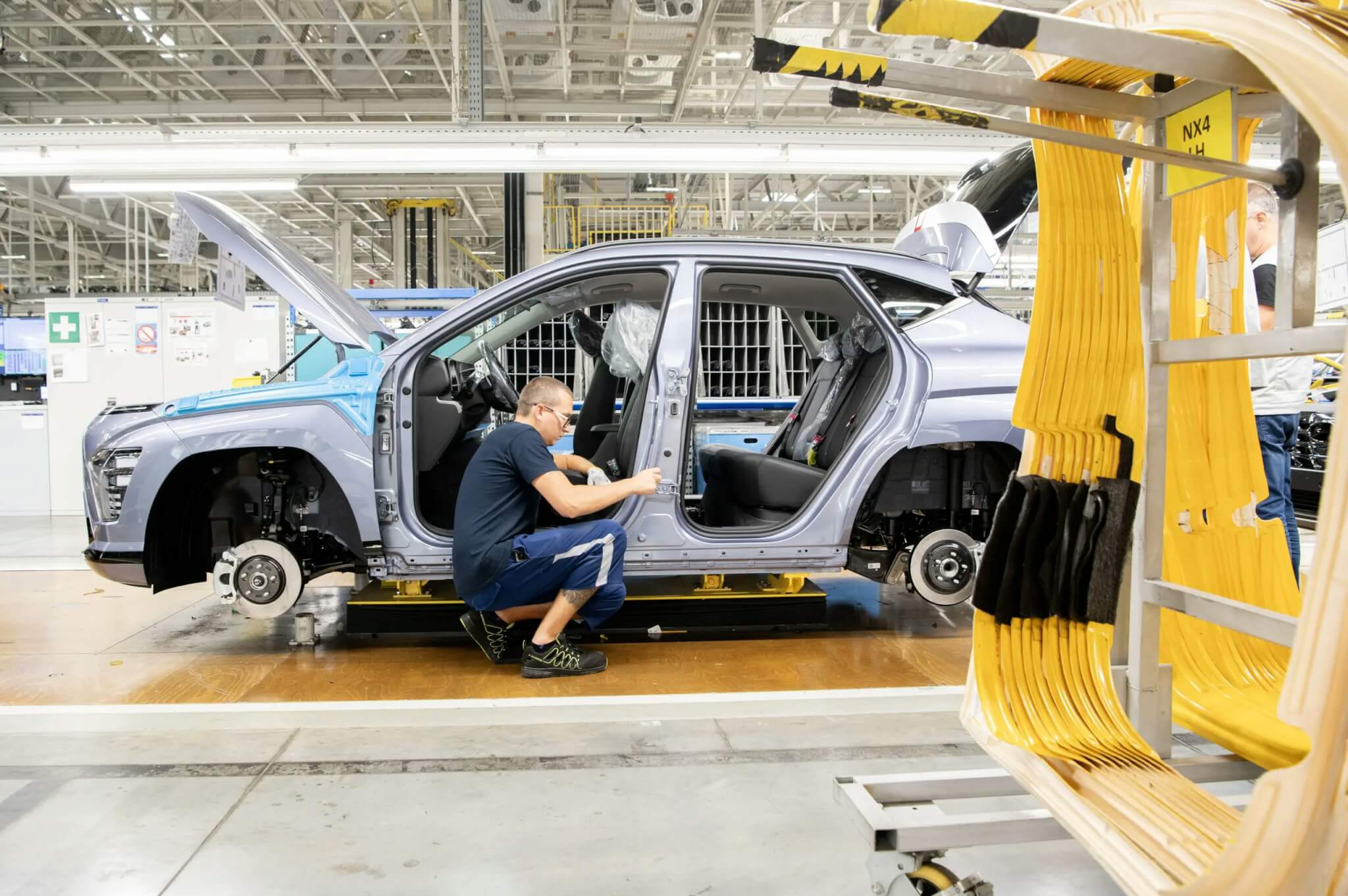Car production reaches record levels in the first quarter
In the first quarter, a total of 394,443 passenger vehicles were produced by domestic automotive companies, up 11.5% year-on-year. This is the highest production result for the first quarter of the year in the history of the Czech Republic. Production increases were





